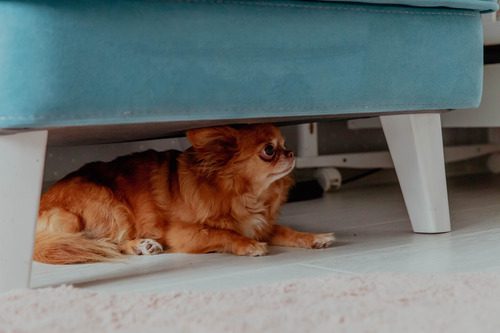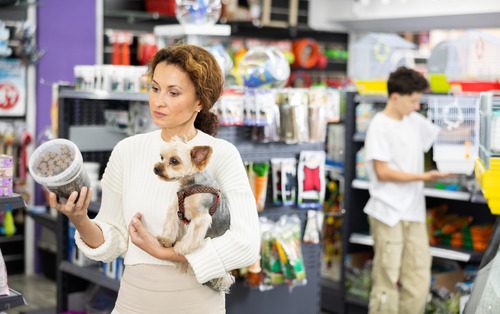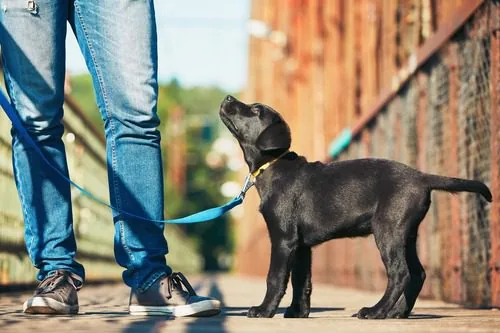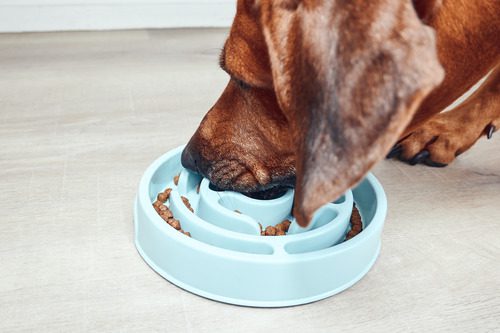Why Do Dogs Chew Their Paws? Understanding the Causes and Solutions
Have you noticed your furry companion obsessively licking or chewing their paws? As a pet owner, it’s natural to be concerned. Brown Veterinary Hospital in Terre Haute, IN, has the answers you’re seeking. This blog dives into understanding why dogs chew their paws and explores both at-home and professional solutions.
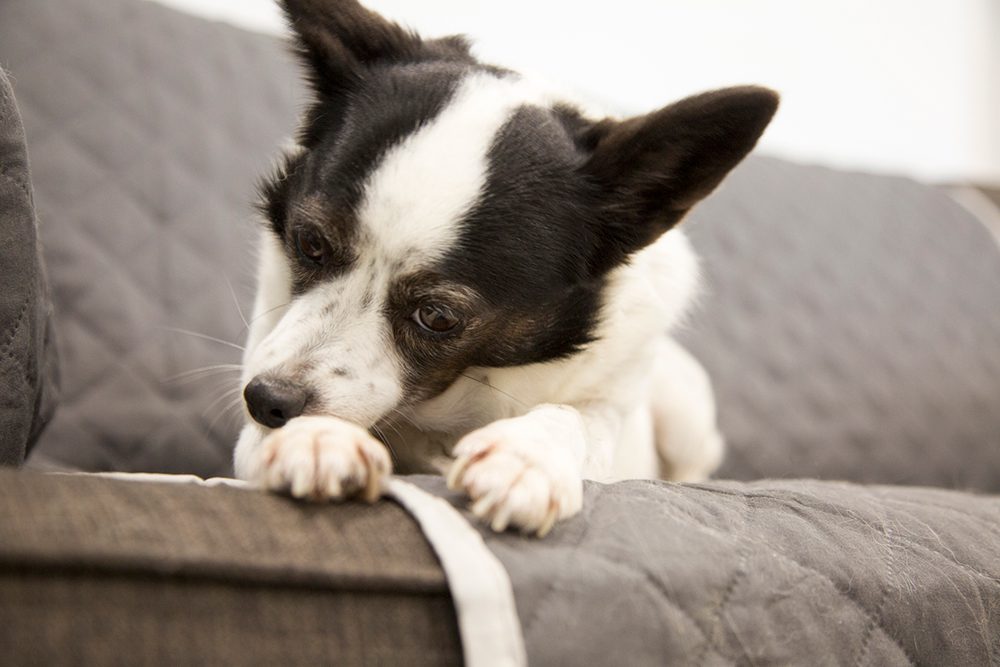
Understanding Your Dog’s Paw-Chewing Behavior
Dogs use their mouths as humans use their hands—to explore and interact with the world. Some paw chewing can be a normal part of a dog’s behavior, especially when they’re cleaning themselves. However, excessive paw chewing may indicate a deeper issue—anything from allergies to anxiety. Understanding these triggers can help prevent potential discomfort and pain.
Common Causes of Paw Chewing in Dogs
- Allergies: Dogs, like humans, can have allergic reactions to food, environmental elements like pollen, or substances they come in contact with, such as certain types of grass or cleaning products.
- Parasites: Fleas, ticks, or mites can cause itchiness, leading your dog to chew their paws to seek relief.
- Dry Skin: Weather changes, particularly in winter, can cause dry, itchy skin. Your dog may chew or lick their paws to soothe the discomfort.
- Anxiety or Boredom: Dogs often use chewing as a coping mechanism for stress, anxiety, or boredom.
Symptoms Indicating a Problem
While occasional paw licking is normal, look for signs of excessive chewing, such as redness, swelling, open sores, or changes in your dog’s walking or standing behavior. If these signs persist, it’s time to seek professional help from a trusted local veterinarian—Brown Veterinary Hospital is always here for you.
Practical Solutions to Stop Dogs from Chewing Their Paws
At-Home Remedies for Paw Chewing
- Regular Grooming: Regularly clean your dog’s paws to remove allergens and irritants. Use hypoallergenic pet wipes or a gentle dog shampoo.
- Mental Stimulation: If your dog is chewing out of boredom, provide them with more exercise or mentally stimulating toys.
- Skin Moisturizers: For dry skin, use a dog-friendly moisturizer. Never use human lotion, as it can harm your dog’s skin and be toxic if ingested.
Professional Veterinary Care for Paw-Chewing Problems
Sometimes, home remedies are not enough, especially in cases of allergies, severe anxiety, or parasitic infestations. At Brown Veterinary Hospital, our team of experts is ready to help diagnose and treat the root cause of your dog’s paw chewing.
We offer comprehensive allergy testing to identify food or environmental triggers, and provide effective, tailor-made treatments for your pet. If parasites are the issue, we can prescribe the appropriate medications. For anxious dogs, we’ll explore options like behavior modification, environmental changes, and if necessary, medications to help ease anxiety.
Remember, early intervention can prevent paw chewing from becoming a chronic problem. If you’ve noticed changes in your pet’s behavior, don’t hesitate to contact us at 812-645-0715 or visit our website at https://brownvethospital.com/ to schedule an appointment. Our compassionate team at Brown Veterinary Hospital is committed to helping you understand and solve your pet’s paw-chewing habits, ensuring a happy, healthy life for your canine friend.
Recent Posts
About Brown Veterinary Hospital
We are here to serve as your partner in keeping your four-legged family member healthy, ensuring you have all the tools you need to provide them with a lifetime of outstanding care. Our animal hospital in Terre Haute offers a full range of services to nurture and extend your pet’s life, from wellness and preventative care to critical care, exotic pet care, and dermatology.

